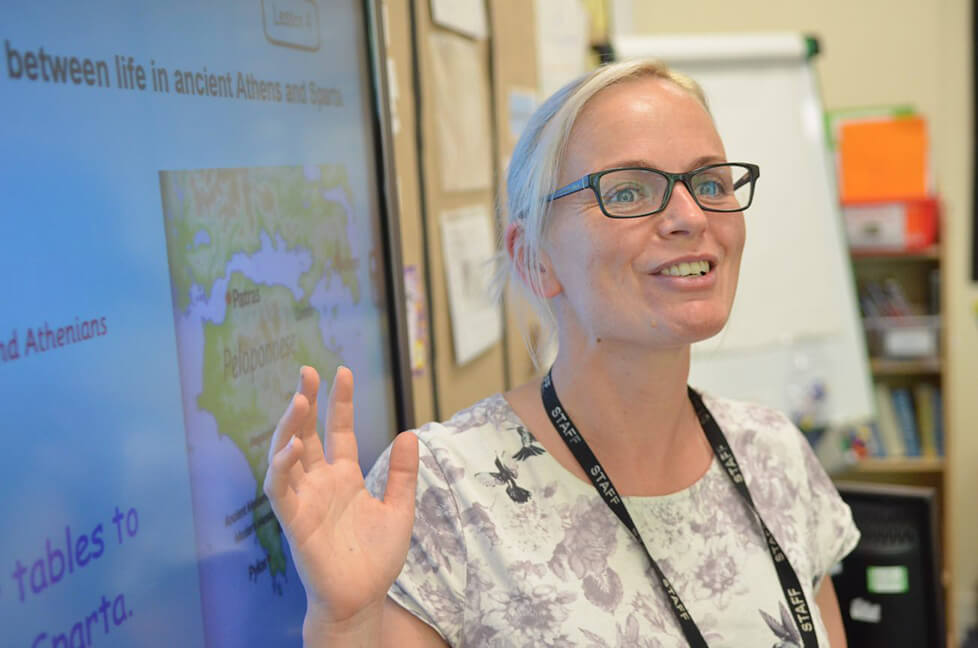Experts warn the SEND system is financially unsustainable
Following the Children and Families Act 2014, there has been a significant increase in the number of children identified with special educational needs or disabilities (SEND). Since 2015, there has been a 140% increase in the number of children with an education, health and care (EHC) plan, rising from 240,000 to 576,000. Whilst the government has increased high-needs funding to a record £10 billion per year – a real-terms increase of 58% since 2014-25 – the National Audit Office (NAO) warns that the demand for SEND provision is likely to continue to increase and, therefore, the government must think urgently about how its current investment can be better spent.
In a new report, the NAO claims the current system is financially unsustainable, with 43% of local authorities estimated to have deficits exceeding or close to their reserves in March 2026. Moreover, the NAO argues that the government ‘does not know with confidence how much capacity should be planned, and where, to meet future needs.’ Between 2018-19 and 2023-24, there was a 31% increase in the number of children EHC plans at state special schools. However, the proportion of those attending this type of setting fell from 44% to 36%. In the same time frame, the proportion attending mainstream schools increased from 48% to 55%, alongside an increase from 7% to 9% at independent schools. To help plan future capacity, the NAO calls for a better understanding of what causes these movements and the availability within settings. As long as state special schools are over capacity, children will not receive the support they need. Indeed, there has been no consistent improvement in outcomes for children with SEND since 2019. Only 69% of those with SEND at key stage 4 were in sustained education, apprenticeship or employment after leaving post-16 education, compared to 85% for those without.
Since 2014, DfE has been aiming for mainstream schools to be more inclusive. But the NAO says there is limited evidence of progress as ‘it is not clear what inclusivity could look like and there are limited incentives for schools to be inclusive.’ The report therefore urges the government to develop a vision and long-term plan for inclusivity across mainstream education. It also encourages the government to undertake work to understand the root causes behind the increase in SEND, as well as the demand for EHC plans and special school places, to ensure the system can address them.
★ Our SEND team can deliver a wide range of interventions, observations, and assessments, working closely with SENDCos and senior leaders to build a culture of inclusion in school. Contact us to learn more.
Fewer disadvantaged pupils go on to university
Latest figures show that the proportion of pupils who go on to university by age 19 has slightly increased between 2021-22 and 2022-23, from 46.8% to 46.9%. However, over the same period, the progression rate for pupils eligible for free school meals (FSM) has fallen for the first time since records began in 2005-06.
For pupils eligible for FSM when they were 15, the progression rate has fallen from 29.2% to 29% in 2022-23. This widens the gap in progression rates between FSM pupils and their peers to its highest recorded level at 20.8%. Similarly, the gap in progression rates to “high tariff” top universities increased to 10.6%. The gap between pupils who took A Levels in independent schools compared to those in state-funded schools remains significantly high, with 67.8% of the former progressing to top universities compared to 33.6% of the latter.
The data also reveals regional and ethnic group differences. For instance, more than half of FSM pupils in Inner London progressed to higher education by the time they were 19, compared to 29% nationally. Overall, progression rates were highest for Chinese pupils, regardless of gender or FSM eligibility. English, Welsh, Scottish, Northern Irish and British children who were eligible for FSM at age 15 were among the least likely to progress to higher education – particularly male pupils – alongside pupils from Gypsy, Roma and Irish Traveller backgrounds.
Robbie Cruikshanks, Senior Researcher at the Education Policy Institute, says the government must continue to ‘narrow this participation gap with an ongoing aim to address the financial burden of higher education faced by disadvantaged students.’ He also adds that high-quality post-18 pathways should be available to those who do not progress to higher education.
★ Our School Development team has a proven track record of improving outcomes for disadvantaged pupils. We can carry out a review of your Pupil Premium strategy to evaluate its effectiveness and impact. Get in touch for more information.
70% of school leaders want SATs to be removed
A new report published by campaign group, More Than A Score, shows that 70% of primary leaders want SATs removed. In a survey of more than 900 primary headteachers and senior leaders, only 3% of respondents agreed that SATs are an accurate measure of school performance and only 7% believe they are a fair way to assess children at the end of primary school.
Additionally, 36% of primary school leaders said that SATs preparations lead to difficulty recruiting and retaining Year 6 teachers. Over three-quarters also believe that preparing for the tests puts unnecessary pressure on staff. By early October this year, 38% of Year 6 teachers had already begun preparations. This comes as the sector faces an ongoing recruitment and retention crisis. The National Foundation for Education Research (NFER) has predicted that only 83% of the primary teacher target will be achieved this year.
Findings also show that more than three-quarters of school leaders believe that SATs lead to narrowing of the curriculum and teaching to the test. 67% agree that the tests particularly disadvantage children with SEND, whilst 54% believe they disadvantage children from deprived socioeconomic backgrounds. A total of 56% report that preparing for the tests harms pupils’ wellbeing.
Alison Ali, spokesperson for More Than A Score, says that school leaders must be listened to, adding that ‘it’s time for SATs to go and to introduce a fairer, more equitable system for the benefit of everyone involved.’ The balance of assessment across key stages will be considered as part of the curriculum and assessment review commissioned by the government. This is currently underway with initial findings set to be published next spring.
One Education offers a wide range of consultancy services, training and resources. In the ever-changing landscape of education, we are committed to supporting schools to evolve their practice through a process of continuous learning and growth.
Get in touch to find out how we can support your school.
Please complete the form below and we will get in contact as soon as we can to help you with your query.















